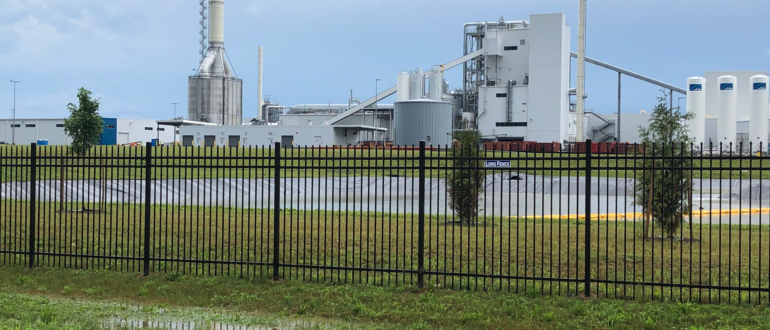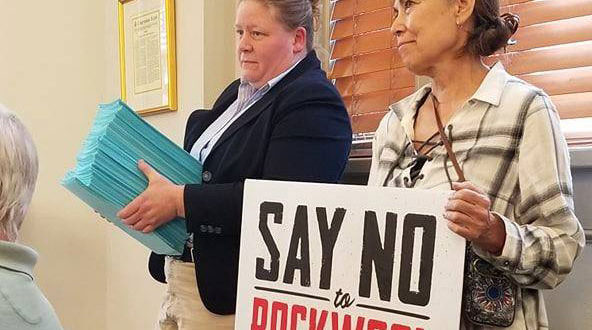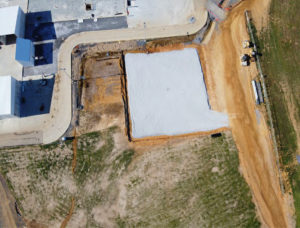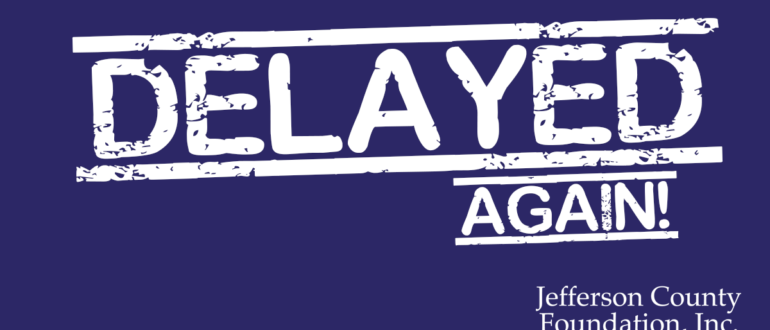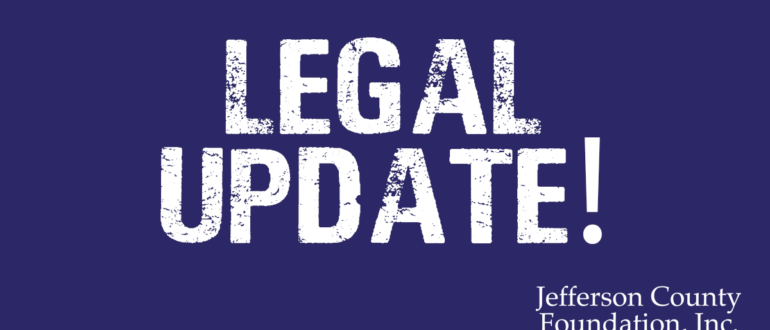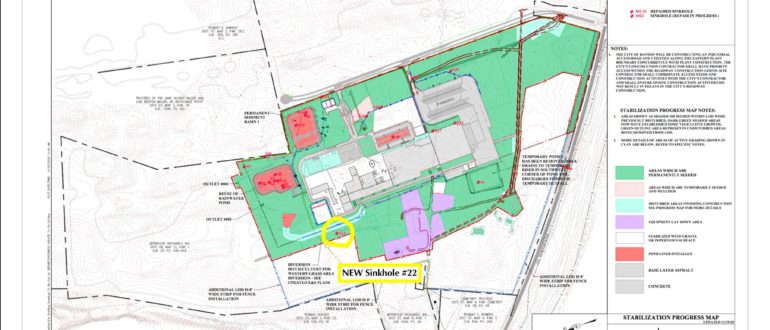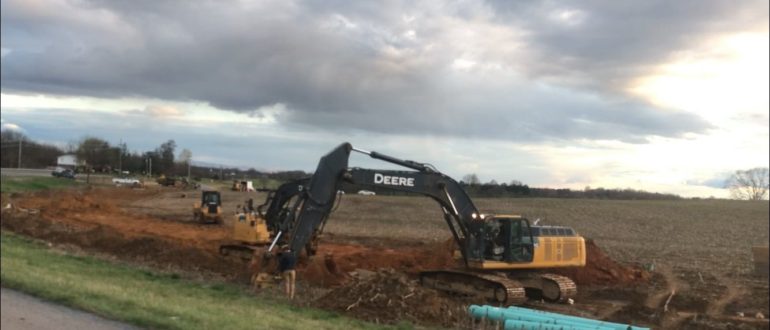Jefferson County Foundation filed a Motion for Stay today with the Environmental Quality Board (EQB) to stop Rockwool from operating under their current Operational Stormwater Permit. If approved by the board, Rockwool will have to delay operations until the case in the matter is resolved.
Engineering Expert Warns of “Irreparable Harm”
Rockwool is expected to begin full production on June 22. The undersized design of the stormwater handling system will lead to ponding and carrying of pollution from raw and in-process materials to unintended locations and the groundwater. The Foundation’s engineering expert, Ryan Linthicum, P.E., LEED AP, says, “As stated in my report ‘if not corrected immediately, the RAN-5 Facility will not drain effectively or as portrayed in Figure 3 of The SWPPP resulting in a flawed pollution prevention analysis subjecting the surrounding surface and groundwater to risk of contamination.” He goes on to say, “Left uncontrolled and untreated, industrial water entering the groundwater that flows through the below grade karst matrix in this area would then result in irreparable harm to the groundwater and surrounding environment.”
Well-Developed Karst Subject to Environmental Risks
The issues regarding the increased risk “associated with the RAN 5 project shows that the facility is located on a well-developed karst landscape and aquifer and is subject to the environmental risks expected in such a hydrogeologic setting.” In his report from April 20, 2021, Foundation hydrogeology expert, Dr. Chris Groves, states the risks include, “… the potential both for sinkhole development and groundwater contamination. These are related in the sense that loss of structural support that can occur with sinkhole development could compromise the function of stormwater and/or chemical containment structures. In the case of a release groundwater impacts could be catastrophic in ecological terms, and potentially creating human disruptions by polluting groundwater, springs, and the surface waters to which these springs flow.”
Costly Contaminated Groundwater Cleanup
The majority of residents in Jefferson County rely on groundwater for their drinking water, and even more people downstream of this aquifer rely on surface water that would be impacted by stormwater contamination at this site. Contaminated groundwater is extremely hard to contain and clean up; it’s also costly. The Appellants state in their Motion that while the Intervenor (Rockwool) will argue that granting the stay will create economic issues for their operations, “they pale in comparison to the impacts contaminated groundwater can have on a community.”
The Foundation awaits the chance to argue the merits of this Motion for Stay with the EQB. Stay tuned for further developments.


